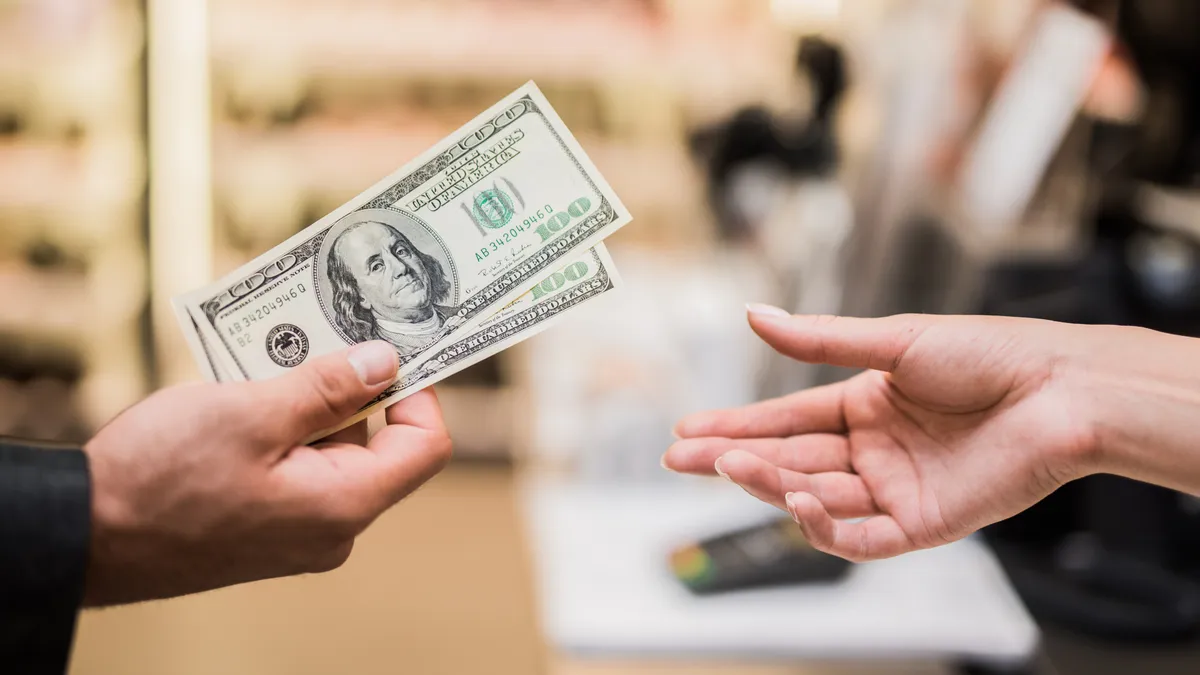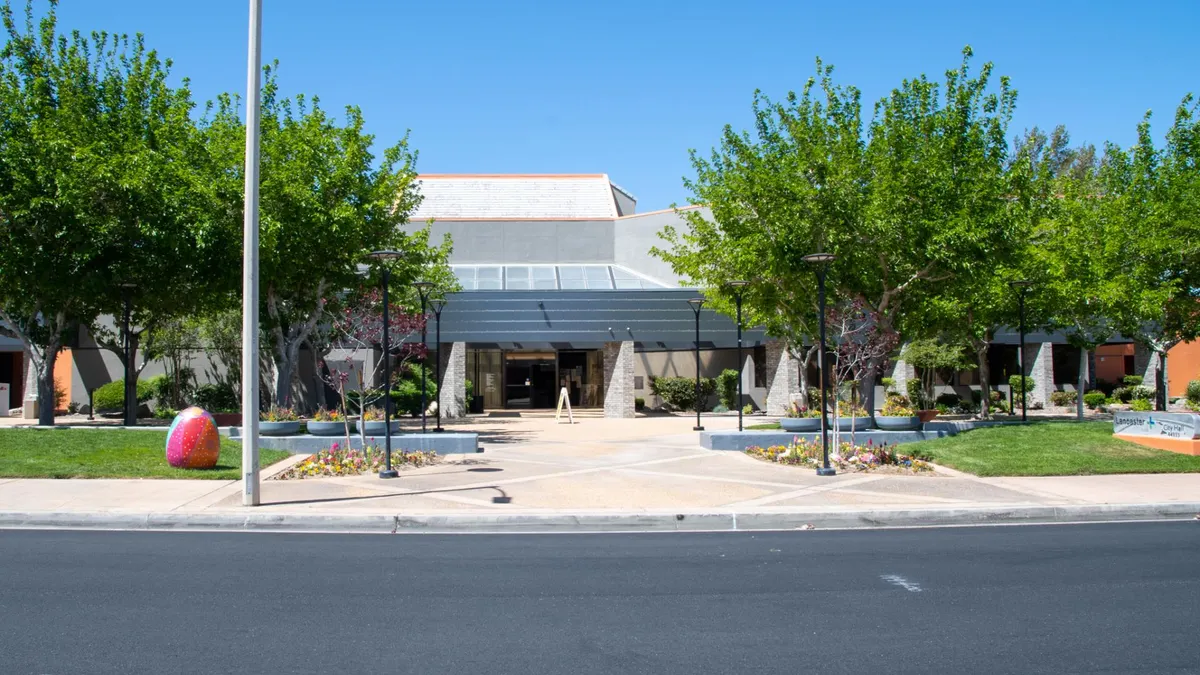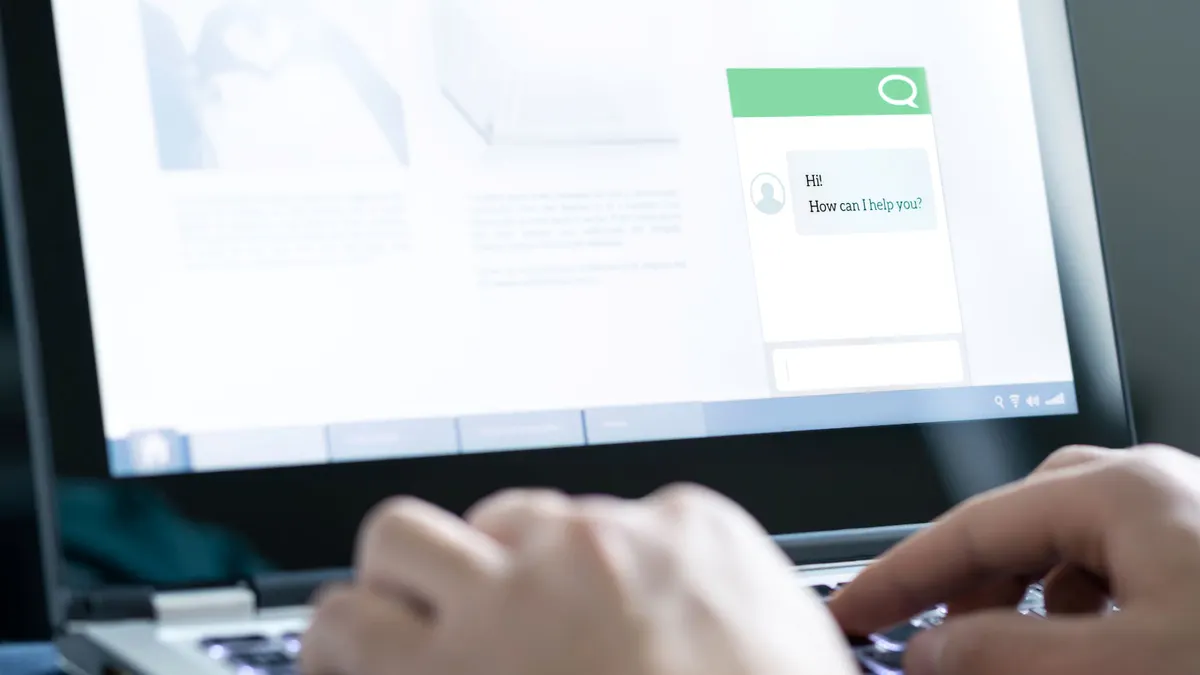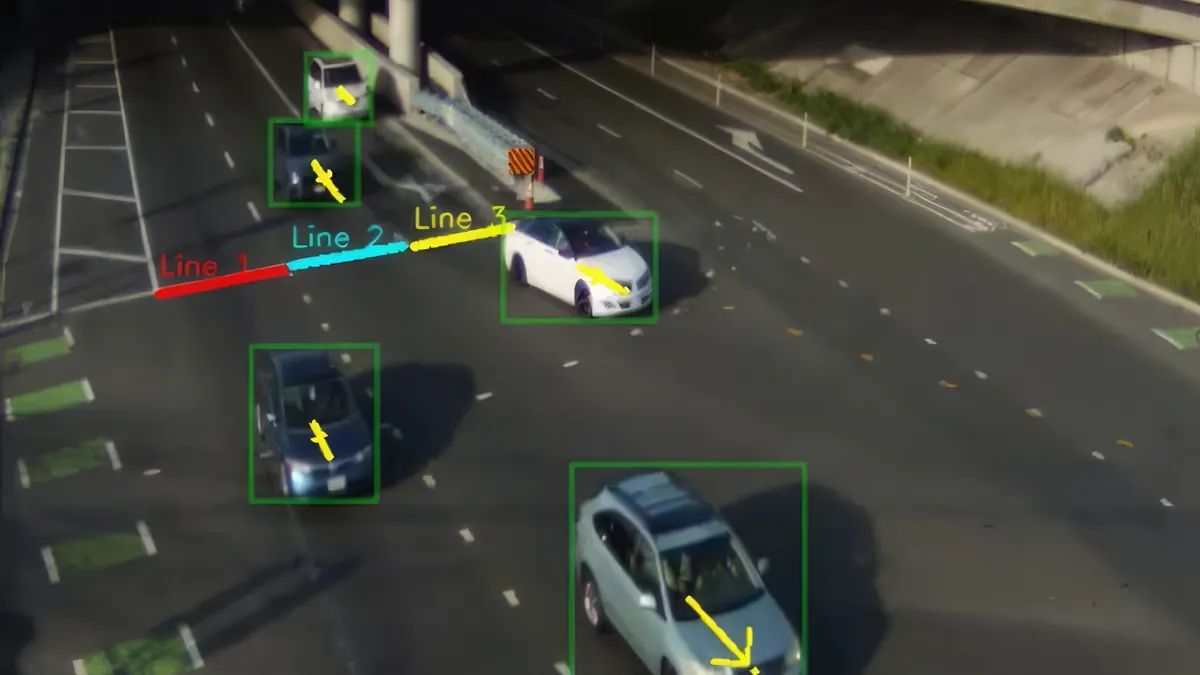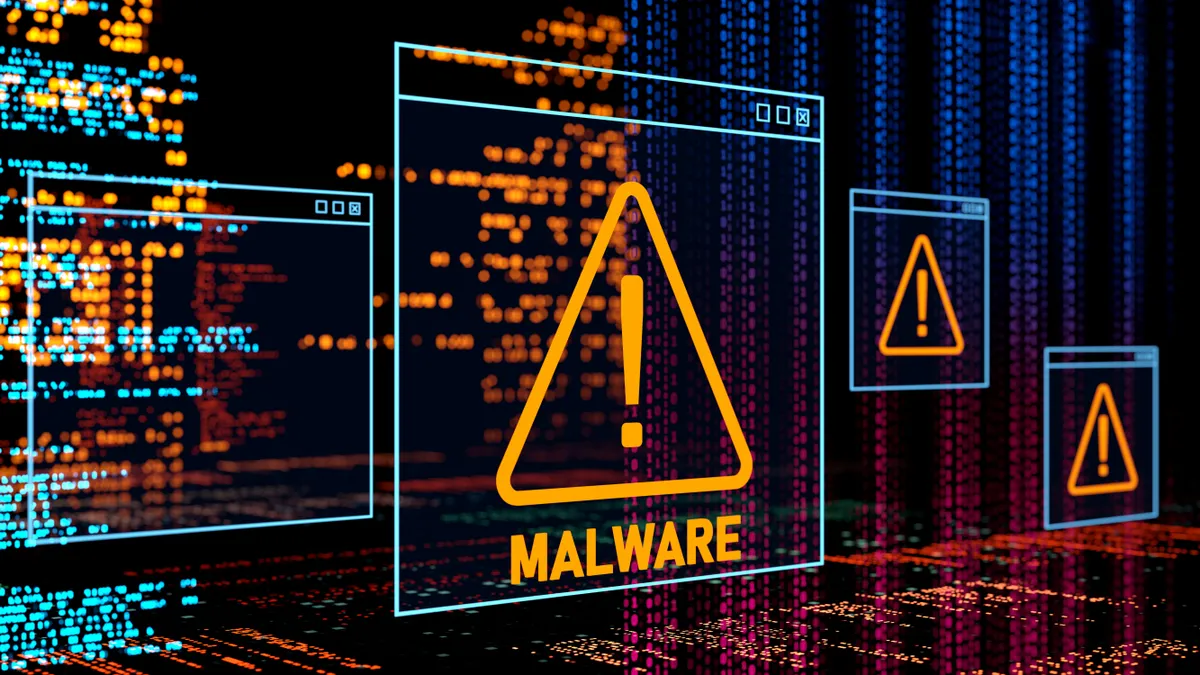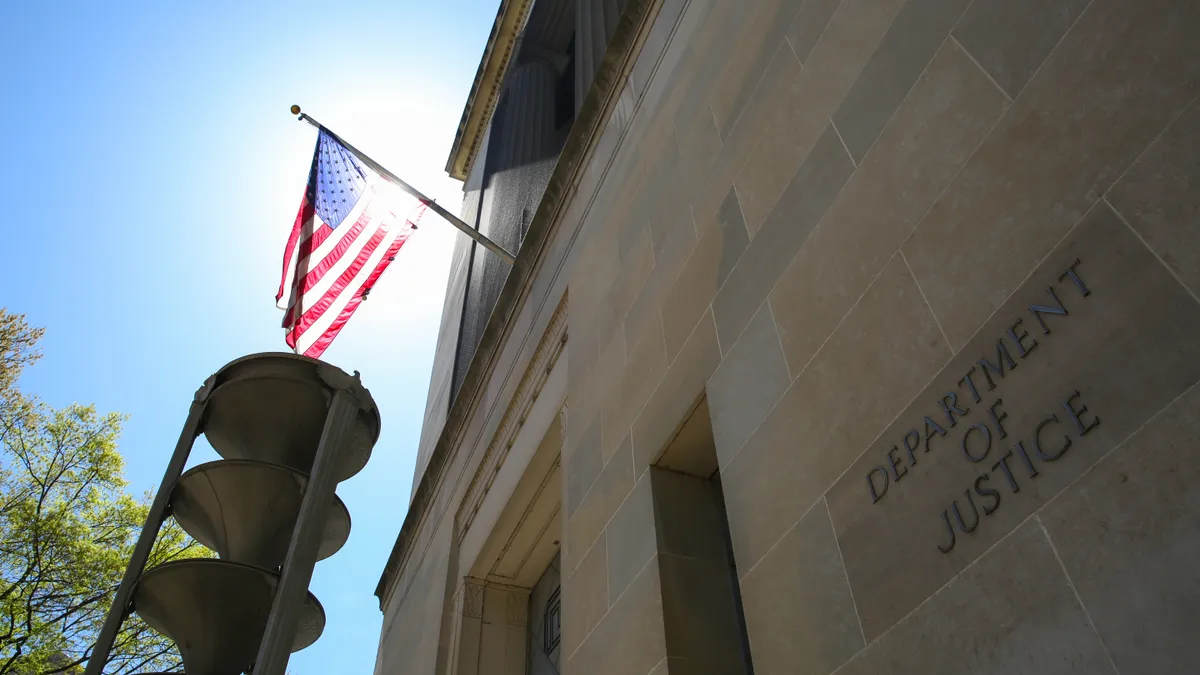As contactless, digital and card transactions become more commonplace in Washington, D.C., a newly enforced law will ensure those who primarily use cash won’t be left out.
Beginning Oct. 1, businesses that discourage or don’t accept cash payments became liable to civil penalties. Under the newly enforced law, it’s illegal for direct-to-consumer businesses — including bars, restaurants, general retailers and food stores — to refuse cash, charge a higher price to cash-paying customers or hang signs that say cash isn’t accepted. A few exceptions exist: Retail sales happening on the internet or over the phone may require a card, as can parking garages that were card-only before December 2020.
All other businesses that require card payments must provide a device on the premises that converts cash into a prepaid card that customers can use in the establishment. The device can't impose fees or require minimum deposits greater than $5.
D.C. is not the first to adopt such rules. In 2019, Philadelphia became one of the first U.S. cities to pass a law banning businesses from eliminating cash, with similar exceptions as D.C. In 2020, New York City also moved to protect consumers’ right to use cash, following the adoption of similar laws in New Jersey and San Francisco. Massachusetts has required businesses to accept cash since 1978.
But enforcing cash payments is yet to be a universally approved measure. Atlanta’s City Council put a proposal on hold last month amid concerns that cash invites violent robberies. Plus, 18 states, including Florida, Georgia, Maine and Maryland, have struck down bills that would ban cashless establishments.
DC’s law, from introduction to enforcement
The enforcement of D.C.’s law is years in the making. In 2019, members of City Council introduced Bill 23-122, the Cashless Retailers Prohibition Act, arguing that requiring card payments perpetuates equity issues.
The bill was inspired by a business owner who approached City Council years ago with concerns about an observed uptick in card-only establishments, said former Councilmember David Grosso, one of the original introducers of the bill. This happened prior to the pandemic, when many businesses implemented contactless payment to stymie the spread of COVID-19 — an emergency need that has now ended.
Grosso said staff looked into the issue of increasing cashless businesses and found a significant number of retailers and restaurants had indeed enacted the policy. The staff flagged that this shift would likely create challenges for many of D.C.’s residents who are “underbanked” or “unbanked.”
A City Council Committee of the Whole report on the bill cited 2017 data that showed 8% of D.C. residents were unbanked, meaning they don’t have bank accounts at all, and about 21% were underbanked, meaning they have bank accounts but often rely on other financial services like money orders and loans.
“They simply don't have access to a card, whether it be a bank card or credit card,” Grosso said. “That was just a lack of understanding of our community when businesses started doing that.” Though anyone can be underbanked, Grosso said D.C. residents experiencing poverty and immigrants without permanent legal status are among those most impacted by bans on using cash. A 2021 analysis by the Federal Deposit Insurance Corporation said Black and Hispanic households, those with a disability, single-mother households and less-educated households are more likely to rely on cash as well.
Safety concerns drove many D.C. businesses to go cashless, Grosso said. He said that some business owners told City Council that having large amounts of cash in a safe or depositing cash to banks made them feel vulnerable to crime. Grosso said councilmembers working on the bill also worried an “unspoken” racial component was at play — they suspected business owners feared young people of color coming into their stores and thought requiring card payments might deter them.
“We felt like it was unfair and not really a good business practice to start with, because you are going to be excluding so many people,” Grosso said.
The City Council passed the bill into law in early 2021, and funding to support it became available in the new fiscal year that began on Oct. 1.
A deeper dive into equity concerns
Some experts echoed the same concerns as D.C. about the effect of cashless businesses. They make it exceptionally hard for marginalized groups to carry on with their everyday lives, said Harry Hayman, a senior fellow for the Economy League of Greater Philadelphia’s Food Economy and Policy.
“You're … making it more difficult for the lower third of your economy to participate in the economy,” he said.
Felix Shipkevich, a New York-based payments attorney, wholeheartedly supports laws that require businesses to accept cash, citing a time just two decades ago where credit card usage was not the norm for most Americans. Aside from perpetrating inequities among consumers, cashless stores can financially penalize consumers, Shipkevich said, especially when many retailers charge convenience fees for using credit cards.
While lower-income people are disproportionately affected by cashless establishments, Shipkevich emphasized that losing a job, defaulting on a loan or experiencing a medical emergency can send anyone from any income group into a place of losing their access to credit.
“[Credit cards are] not a right, they’re a privilege, right?” he said. “And not everybody's entitled to them.”
Grosso, Hayman and Shipkevich acknowledged that the pandemic played a part in the push to contactless or card-only payments and that with technological advances, card payments will likely continue to increase. But D.C.’s new law will likely protect the thousands of regular cash users.
“A good economy incorporates everybody, not just for being fair and nice about it, but because it also makes good economic sense,” Hayman said.


